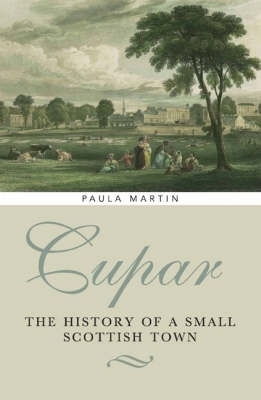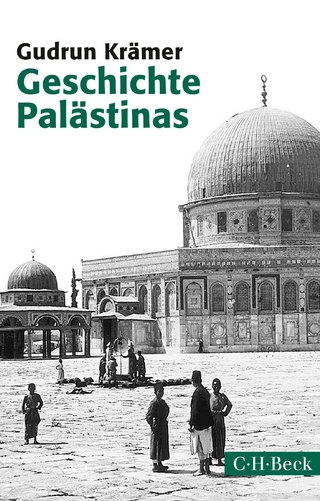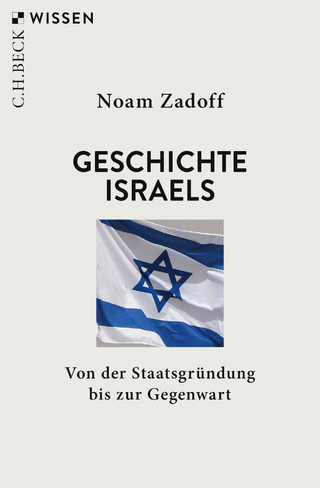
Cupar
The History of a Small Scottish Town
Seiten
2006
Birlinn Ltd (Verlag)
978-1-84158-410-2 (ISBN)
Birlinn Ltd (Verlag)
978-1-84158-410-2 (ISBN)
- Titel ist leider vergriffen;
keine Neuauflage - Artikel merken
This book concentrates on economic and social changes but does not neglect other aspects. Much information was derived from inventories of household possessions compiled at death or bankruptcy. We can see how fashions changed, with the introduction by the 1820s of fine china, carpets and curtains, and even bidets.
Cupar was created a royal burgh in 1328, though its name is Pictish, suggesting that there had been an important settlement there since the 7th or 8th century if not earlier. Until the 16th century it was among the richest royal burghs in Scotland, but declined in the 17th century, its trade handicapped by its distance from the sea. It flourished once again as a centre of the linen industry in the 18th century. As the county town of Fife, and a town which serviced travellers on their way from Edinburgh to Dundee and Aberdeen, Cupar became a 'leisure town', attracting well-off retired people and country gentry to its balls, horse races, theatre and library, as well as the services offered by banks, lawyers and doctors (and brothels).
But by the mid 19th century the railway carried travellers through without stopping, industrial development shifted to west Fife where coal was plentiful, and St Andrews took over as the cultural centre of east Fife. Because the town did not develop major industries, it retains its medieval town plan and many fine buildings from its Georgian heyday.
Cupar was created a royal burgh in 1328, though its name is Pictish, suggesting that there had been an important settlement there since the 7th or 8th century if not earlier. Until the 16th century it was among the richest royal burghs in Scotland, but declined in the 17th century, its trade handicapped by its distance from the sea. It flourished once again as a centre of the linen industry in the 18th century. As the county town of Fife, and a town which serviced travellers on their way from Edinburgh to Dundee and Aberdeen, Cupar became a 'leisure town', attracting well-off retired people and country gentry to its balls, horse races, theatre and library, as well as the services offered by banks, lawyers and doctors (and brothels).
But by the mid 19th century the railway carried travellers through without stopping, industrial development shifted to west Fife where coal was plentiful, and St Andrews took over as the cultural centre of east Fife. Because the town did not develop major industries, it retains its medieval town plan and many fine buildings from its Georgian heyday.
Paula Martin edits the International Journal of Nautical Archaeology, and is a tutor with the Open University. She is currently working with a historian, an archaeologist and an architectural historian on a project studying a variety of burghs for Historic Scotland. She lives near Cupar.
| Erscheint lt. Verlag | 20.2.2006 |
|---|---|
| Zusatzinfo | Illustrations |
| Verlagsort | Edinburgh |
| Sprache | englisch |
| Maße | 156 x 234 mm |
| Gewicht | 645 g |
| Themenwelt | Sachbuch/Ratgeber ► Geschichte / Politik ► Regional- / Landesgeschichte |
| ISBN-10 | 1-84158-410-X / 184158410X |
| ISBN-13 | 978-1-84158-410-2 / 9781841584102 |
| Zustand | Neuware |
| Haben Sie eine Frage zum Produkt? |
Mehr entdecken
aus dem Bereich
aus dem Bereich
von der osmanischen Eroberung bis zur Gründung des Staates Israel
Buch | Softcover (2023)
C.H.Beck (Verlag)
18,95 €
von der Staatsgründung bis zur Gegenwart
Buch | Softcover (2023)
C.H.Beck (Verlag)
12,00 €


